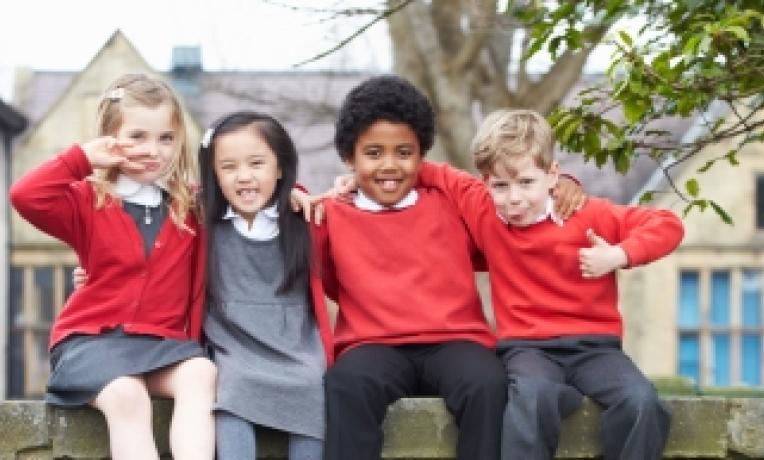How migration affects children
For millions of young people around the world migration is part of their biographies. Yet we know very little about their mobility throughout their young lives because we’ve focused on just two types of moves: their first move to a new country of residence, or their parents’ migration. Prof. Mazzucato will be trying to understand the mobility patterns of youth with migrant backgrounds and how mobility affects youth's life chances. And she is the ERC's 500th grantee in the Netherlands.

More than 325,000 migrant children have been admitted to German schools since 2014. Due to emigration, an estimated 40,000 children live without parents in Romania, while in large urban areas in Ghana at least 35% of children are living with one parent or none. In Amsterdam, more than half of children and youth have a migrant background. For millions of young people around the world migration is part of their biographies. Yet we know very little about their mobility throughout their young lives because we’ve focused on just two types of moves: their first move to a new country of residence, or their parents’ migration. How does young people’s continued mobility, or mobility trajectories, influence their performance in school, what they do after they finish school, and their psychological well-being? These questions are yet to be answered.
"My research is not necessarily assuming that there is a problem. We don't know whether there is a problem, and what the problem is," says Valentina Mazzucato, professor of globalisation and development at the Maastricht University in the Netherlands. She has recently received an ERC Consolidator Grant to conduct research on these issues.
Prof. Mazzucato will be trying to understand the mobility patterns of youth with migrant backgrounds, including the youth that stayed behind while their parents moved. She wants to compare the youth who do not move with those who do move in different European countries. She will also study one origin-group—migrant children from Ghana. She aims to understand how mobility affects youth's life chances.
"Policymakers are usually saying that migrant children are not performing in school as well as the local children. That's what many studies find. But they are comparing children with migrant background with children who don't have migrant background," says Prof. Mazzucato. "They are comparing apples with oranges when it comes to understanding how migration and mobility affect young people."
The result is policies containing a hidden assumption that too much mobility is bad for children. They often ignore that many of migrant children are mobile themselves, they move back and forth between their parents' country of origin and the country where they are residing. That's why Prof. Mazzucato's plan is to compare migrant children to children from their origin countries to really see the effects of the mobility.
"Let's look at these assumptions, let's study whether they are true or not, and if they are true, let's understand how mobility works. Let's also ask whether mobility in some cases can help children overcome certain social problems." One interesting hypothesis that Prof. Mazzucato's team has, is that for migrant children from lower socio-economic classes, visiting their parents' home country can be a way to gain more human and social capital, and come out with better life chances.
The research will be carried out in Belgium, Germany, the Netherlands and Ghana, and has a strong potential for policymaking. The team will work with ministries of education as well as with teachers and school principals, it will also organise workshops and produce materials about mobility of children and how to deal with it.
"Modern school systems have been designed for sedentary populations, based on the idea that a Dutch person will grow up in the Netherlands and will go to school in the Netherlands and will live in the Netherlands. But today mobility of youth is changing this. We need to adapt school systems to this new reality and see how we can turn it into a strength rather than a weakness," says Prof. Mazzucato.




